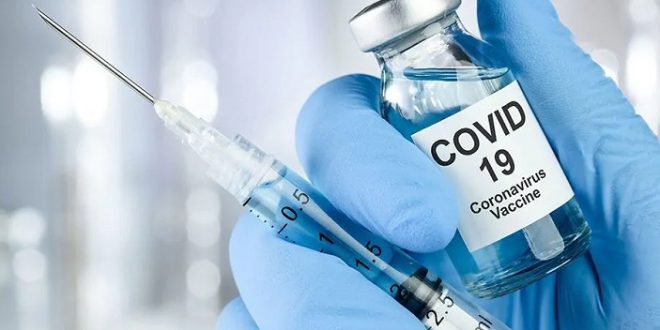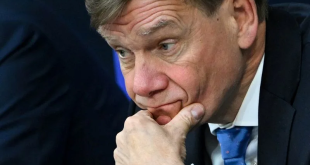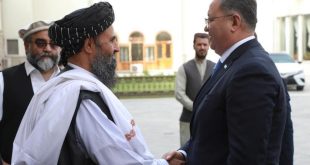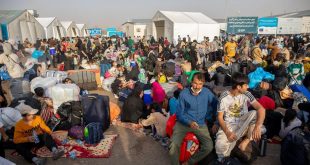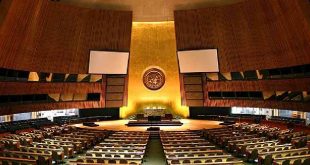Since the outbreak of Covid -19, preparing a perfect vaccine for this coronavirus has become a global challenge for the doctors, scientists and the medical fraternity as a whole. As we all are aware it’s a very tough and time-taking as well. It is also not possible to make the vaccines in advance because it is made after a intensive study of the virus after its coming and sometimes virus itself help us in preparing the vaccine In fact, coronavirus is a group of virus which transmit in people from animals. Although earlier several vaccines have been produced against animal diseases such as infectious bronchitis virus in birds, canine coronavirus and feline coronavirus. However, for SARS and MERS too, there is no cure and protective at present which erupted earlier, but in case of Covid-19, much success has been achieved and in July 2020, around 218 vaccine candidates were in development among which 24 vaccine candidates were announced or undergoing clinical trials with 2 beginning phase 3 and 7 in phase 1-2. Experts expect in to come finally by the close of 2020 or early in 2021.
Preparation and trial of vaccines
A major breakthrough came in the formation of vaccine on 11 January 2020 when the genetic sequence of Covid-19. The quick transmission and spread of coronavirus across the globe has made national governments and international agencies anxious and also compelled them to organize and work in co-operation for cure and preventive vaccines. Currently, it’s a global agenda to achieve success in clinical trials conducted in different phases with safety and efficacy. In addition, it needs financing, planning to manufacture billion of doses, and ultimately deployment and equitable access in developed and developing countries. In the context it will also require custom formulation, special packaging, transportation and storage in more than two hundred affected countries.
Among the international agencies, the WHO, a global health unit of UNO, is active enough to check the spread of Covid-19 as well as in finding a protective vaccine for the disease. It is facilitating collaboration in accelerated research and international communication on an unprecedented scale from the beginning. In an important development the it announced in July 2020 that all about 165 countries, representing 60% of the world have agreed to a WHO COVAX plan for fair and equitable distribution of an eventual licensed vaccine. This apart, it has also developed a multinational coalition of vaccine scientists for a Global Target product PROFILE (TPP) for Covid-19 under two broad categories; one, for long term protection of people engage at higher risk such as healthcare workers and two, other vaccines to provide rapid response immunity for new outbreaks.
Efforts by individual nations
The United States government signed a $1.95 billion agreement with Pfizer Inc. and Bio N Tech, securing 100 million doses of their coronavirus vaccine for its citizens. In ordinary circumstances, this move would have been unusual. After all, governments seldom bet on vaccines that haven’t yet received regulatory approval. But these aren’t ordinary circumstances and we aren’t developing a regular vaccine. Covid-19 has shown no signs of abating and governments are being forced to expedite the process of vaccine development. And in a bid to market a working vaccine by the end of this year, governments across the world are setting up incentive structures that could entice manufacturers to go all in. This idea forms the basis of advance purchase agreements i.e. in return for the right to buy a specified number of vaccine doses in a given time-frame, governments will finance part of the upfront cost faced by vaccine producers. This way drug-makers protect their downside and governments can gain access to a vaccine if trials are successful. It’s a win-win scenario for everyone involved and many countries are adopting this approach.
The German government is investing €300 million in Cure Vac for a 23% stake in the company. UK, France, Germany, Italy, and the Netherlands have all reserved doses of AstraZeneca’s promising vaccine. Serum Institute of India has indicated that it will distribute half the vaccines in India. And this rising vaccine nationalism is offering us a glimpse into the future — any successful vaccine will have limited supply, and governments will stop at nothing to ensure their citizens get the first crack. For starters, there’s no saying which vaccine candidate is likely to succeed at this point. Although there are hundreds of vaccines currently in development, there’s only a 7% chance that a candidate vaccine in the preclinical stage will receive FDA approval. Also, competing for resources inevitably means depriving others of the same. Even if you back a vaccine candidate and it turns out to be a winner, you will have cornered most of the supply leaving other more vulnerable countries in a soup. Despite the obvious moral implications involved here, it is also a sub-optimal solution since with infectious disease, no one is safe until everyone is safe.
Other essential considerations
At the juncture, we need a more global approach to truly stem the pandemic. As Bill Gates, wrote, “During a pandemic, vaccines and antivirals can’t simply be sold to the highest bidder. They should be available and affordable for people who are at the heart of the outbreak and in greatest need. Not only is such distribution the right thing to do, it’s also the right strategy for short-circuiting transmission and preventing future pandemics.”
Enter, GAVI (Global Alliance for Vaccines and Immunization) — a public-private partnership that aims to bring vaccines to everyone in the world. Last month, they launched their latest initiative — the COVAX Facility. The premise is extremely simple. GAVI pools resources from multiple wealthy countries and then signs advance purchase agreements with several vaccine manufacturers. The countries that pledge money gain access to all the vaccines COVAX has under the agreement and once a successful vaccine candidate is identified, they aim to produce enough doses to help both donor governments and lower-income countries that don’t have the resources to back a vaccine candidate right now.
The disease’s cost to global GDP has been estimated by the International Monetary Fund to reach $375 billion per month. Moving the availability of a vaccine forward by just five days will pay for the entire global effort — and we are trying to move it forward by six to eight months. There’s still no guarantee that any of these vaccines will work, but if we want to end this crisis and the suffering, and get global economies back online any day soon, then they are our best hope. That means pooling our resources to invest in as many vaccines as possible, and if successful, ensuring that we have enough doses to secure global impact. Ultimately, this is a global problem that needs a global solution
The writer is Dr. Rajkumar Singh Professor and Head University Department of Political Science B.N. Mandal University, Madhepura Madhepura-852113. Bihar, India.
Email- [email protected]
 Afghanistan Times
Afghanistan Times
